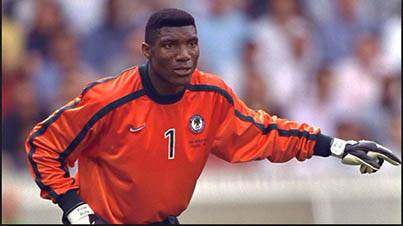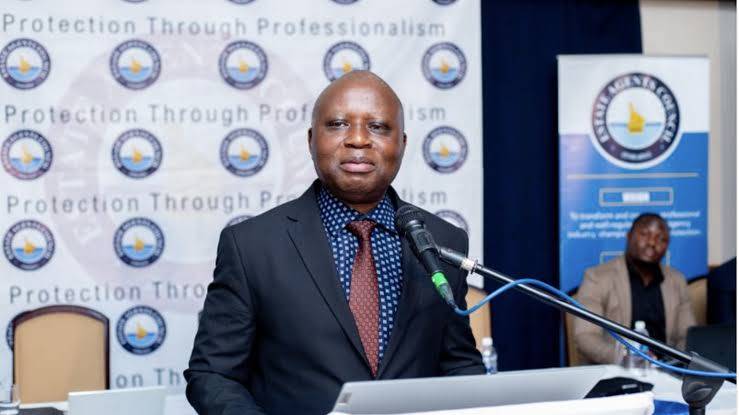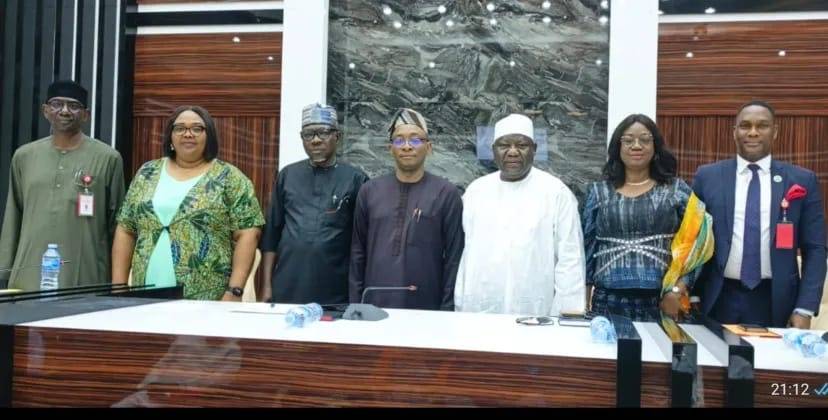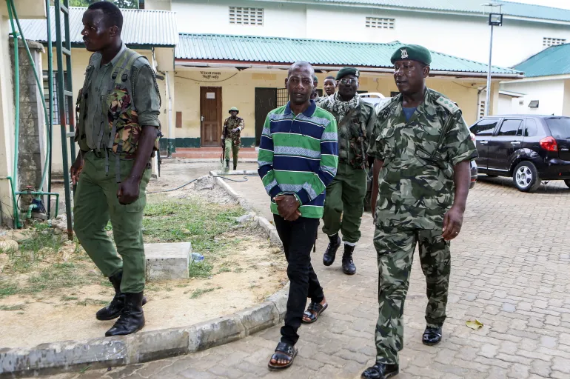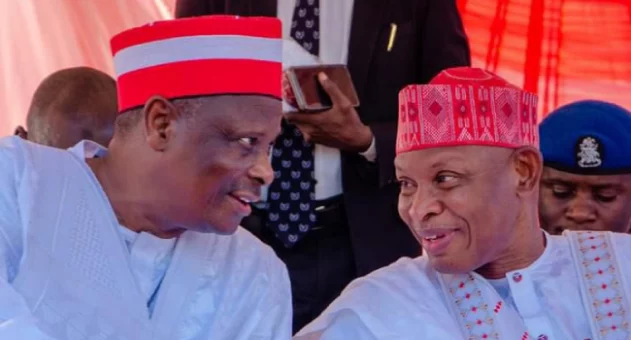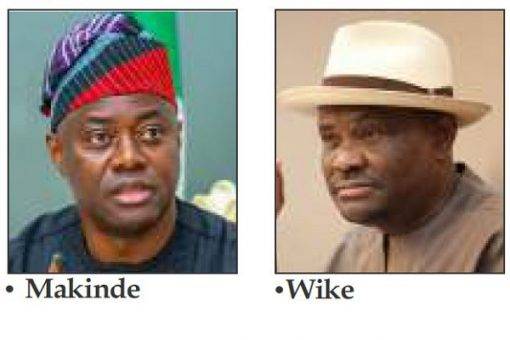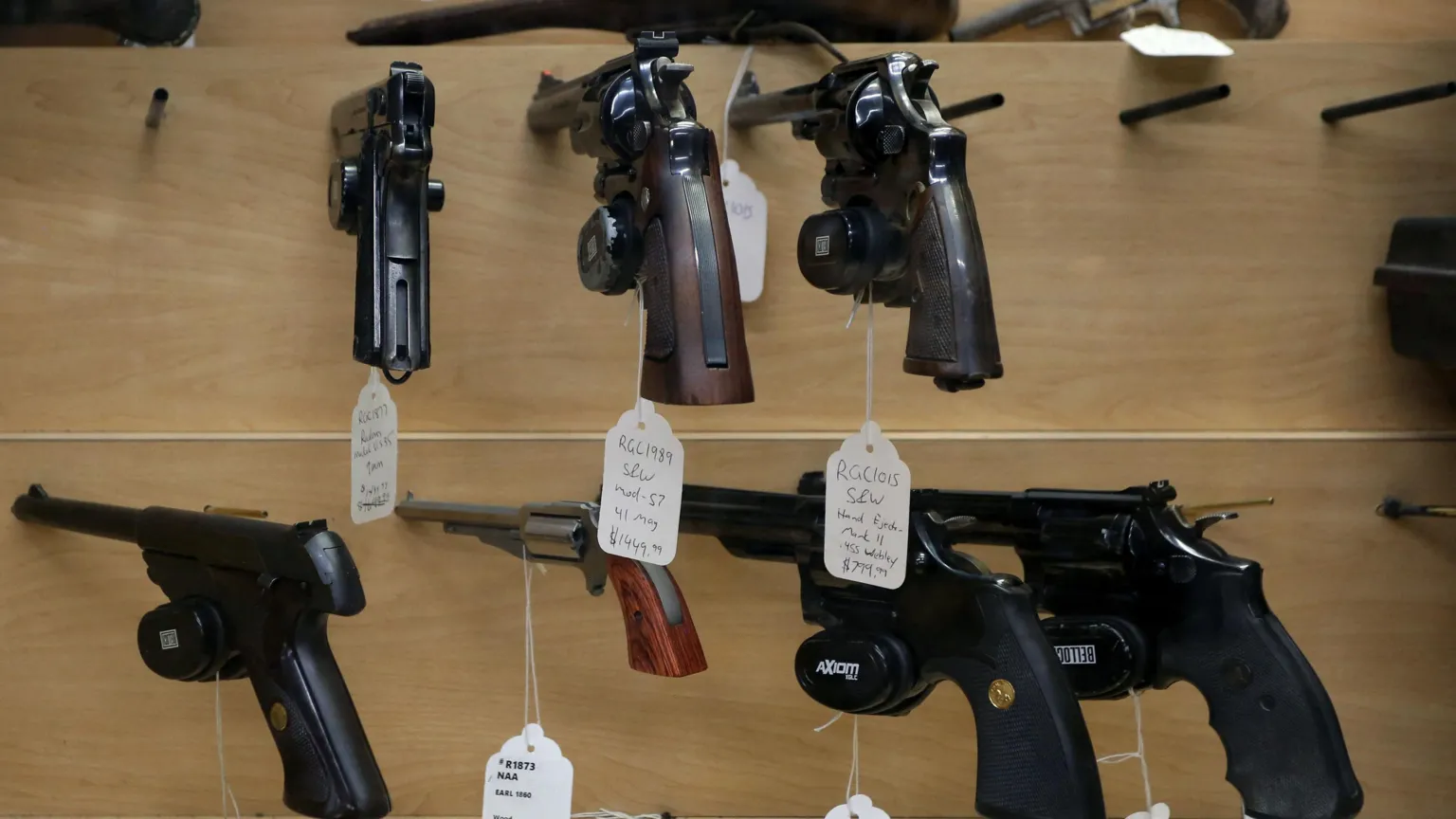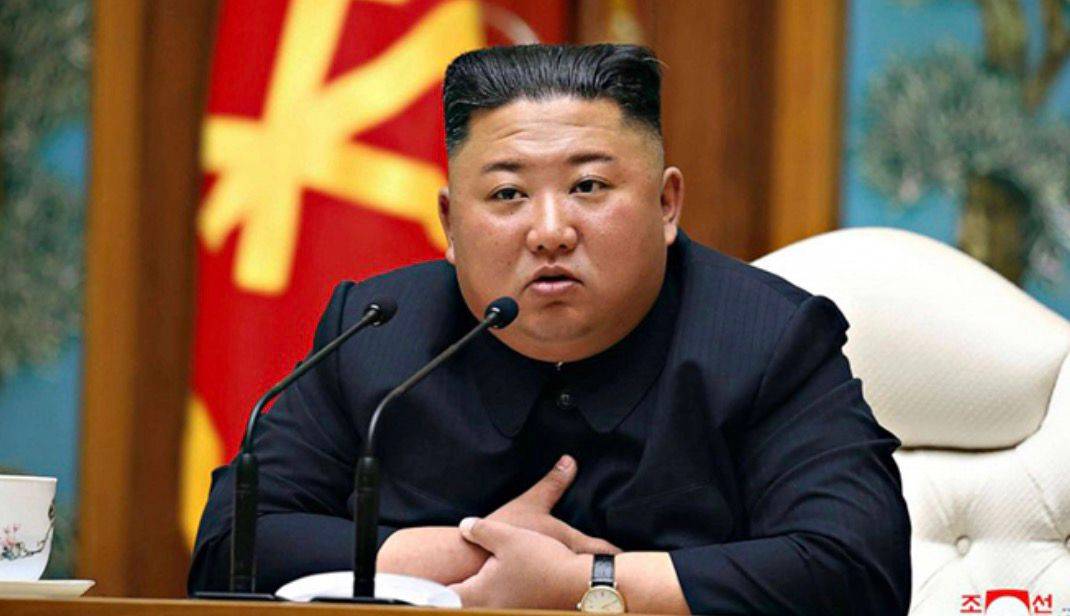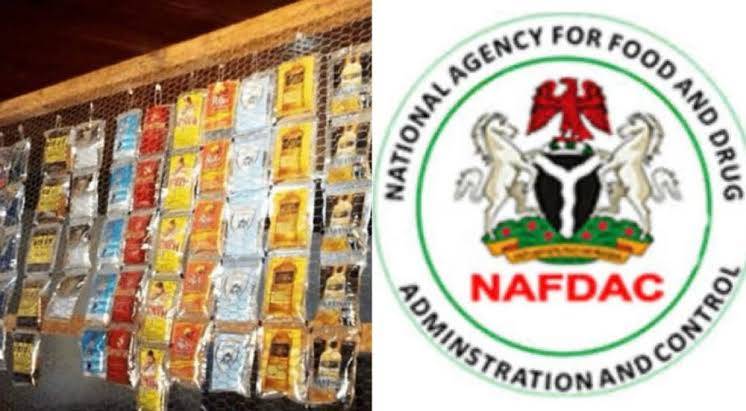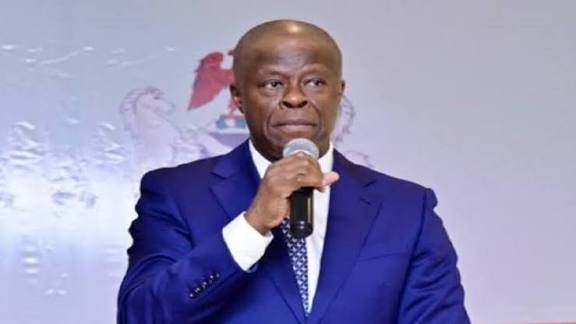By Kunle Solaja
Former Nigeria captain and goalkeeper, Peter Rufai has joined the Diamond Jubilee Club as he clocks 60 years today.
Coincidentally, he shares the 24 August birthday with Africa’s greatest ever known philanthropist, Bashorun MKO Abiola who would have been 86 today if he were alive.
Rufai will be marking his 60th birthday anniversary in a couple of day’s time and the highpoint of it will be the unveiling of a book on the Nigerian football legend.
It is written by famous Nigerian sports journalist and academician, Dr. Mumini Alao.
The power-packed programme is slated for the first week of September.
Easily the most flamboyant Nigerian national team goalkeeper and perhaps the first to venture abroad, Rufai was a trojan at the goal post.
With 62 international appearances for Nigeria, he established himself as a fine successor to Emmanuel Okala and Best Ogedegbe.
He ranked close to Muda Lawal, Austin Okocha and Stephen Keshi in the number of appearances for the national team.
Rufai was a creative goalkeeper whose sharp reflexes and long reach enabled him to make difficult saves.
Peter Rufai (r) as Nigeria’s skipper at the USA ‘94 World Cup meets the legendary Diego Maradona in pre match formality ahead of their Group D clash in Foxboro.
His major attribute lay in his ability to stop penalty kicks. In 1981 when he had his first international experience with Super Stores in the African Winners’ Cup, Rufai was instrumental to the club’s saves against A.S. Benghazi in Tripoli, CAPS United of Zimbabwe in Lagos and Union Sportive of Douala in Yaoundé.
Some of his most spectacular saves were in 1983 at Rabat, Morocco. Rufai saved two penalty kicks to give Nigeria a 5-3 win in the last qualifying match for 1984 Africa Cup of Nations.
It was that game that shot him into international prominence. His other penalty saves were in the 1984 Africa Cup of Nations against Egypt, 1988 Africa Cup of Nations match against Algeria and in 1994 against Cote d’Ivoire. All were semi-final matches.
One of his greatest disappointments in the national team was a 1985 World Cup-tie against Tunisia in Tunis. Rufai kept a clean slate in Lagos where Nigeria managed a 1-0 win. Back in Tunis, the North Africans nullified the goal in 30 minutes.
Peter Rufai could not understand what happened on the fateful night of 20 July 1985.
He was no doubt badly protected by his defenders. Rufai clad in his famous yellow shirt and black trousers almost shouted himself hoarse.
His worst outing was at the France ’98 World Cup where he was a last minute inclusion into the Nigerian team. No doubt, the goalkeeper was the weak link of the disorganised Nigerian defence.
But Peter Rufai had his excuses. He said that he was compelled to join the Nigerian squad despite not being prepared mentally and physically for the tournament.
When the 1997/98 season was finishing, Rufai said he was planning to go on holiday in Cuba and had stayed out late at a disco party before he got his call up to the national squad. At France ’98, Rufai came under heavy criticism following Nigeria’s 4-1 loss to Denmark. It was the heaviest tally Rufai conceded in any full international.
As a goalkeeper, he scored a goal for Nigeria when he converted a penalty for the Super Eagles in a 6-0 defeat of Ethiopia during the last qualifying game for Tunisia ’94 Africa Cup of Nations.
He became the first Nigerian goalkeeper abroad when he crossed the border to guide the goal post for Dragon FC of Republic of Benin in 1986.
Two years earlier, he left Stationery Stores after four seasons with the club to join a less-fancied Femo Scorpions in a rural town of Eruwa. After four years in Benin Republic, Rufai joined the Belgium trek and signed for Lokeren in the 1989/90 season.
He featured for a couple of clubs in Europe, among which are Beveren (Belgium), Go Ahead Eagles (Holland), Farense (Portugal), Hercules (Spain), Deportivo La Coruña (Spain) and Gil Vicente (Portugal). His most successful spell was with the Portuguese team, Farense.
His spectacular form in the club made Rufai to be acknowledged as the best goalkeeper in Portugal. He was with the club for two seasons and started in 26 matches in the 1994/95 season. In the following season he featured in 23 games for the Portuguese club before joining the Spanish side, Hercules and then Deportivo La Coruña in the 1997/98 season
SportsVillage


